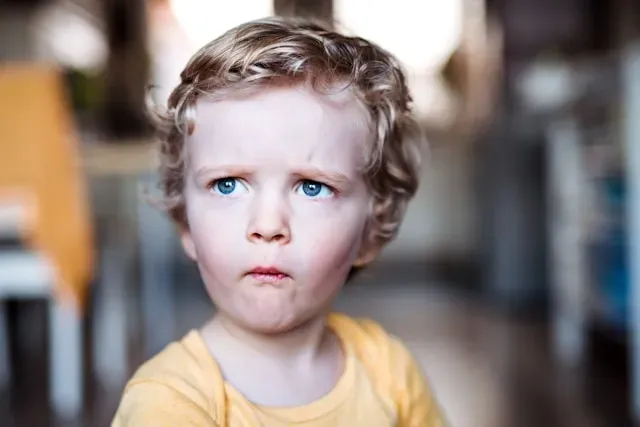
Cognitive Distortions for Kids
Explore effective strategies for identifying and addressing cognitive distortions in children, fostering resilience, and promoting mental well-being in young minds.
Get carepatron free
Commonly asked questions
Cognitive distortions in kids are negative and often inaccurate thoughts that affect their emotions and behaviors. These can include thinking in black and white, catastrophizing, or overgeneralizing from one event to another.
You might notice your child jumping to negative thinking, expressing extremely negative thoughts and conclusions about themselves or situations, or reacting strongly to minor setbacks. These can be signs of cognitive distortions.
Professional guidance, especially through cognitive behavioral therapy (CBT), can be highly effective. Teaching children to identify and challenge their distorted thoughts and practicing mindfulness and positive self-talk can also help.







